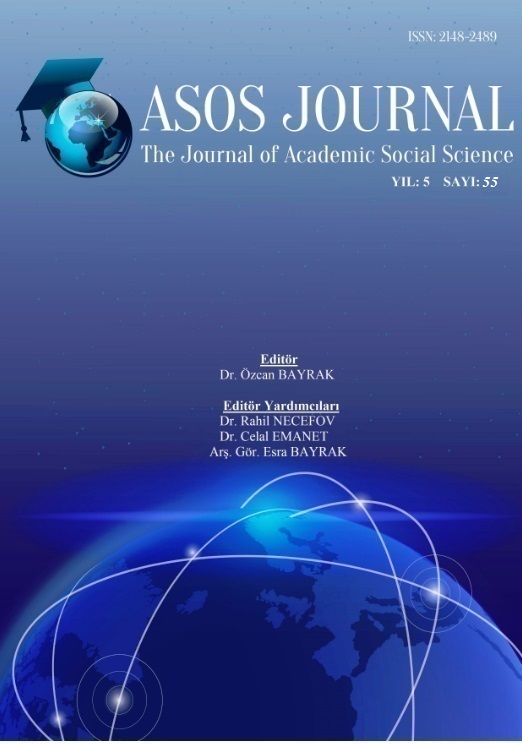ÜNİVERSİTE ÖĞRENCİLERİN GENEL ÖZ YETERLİLİK DÜZEYLERİ İLE SPORCU KİMLİK ALGISI ARASINDAKİ İLİŞKİ (VAKIF ÜNİVERSİTESİ ÖRNEĞİ)
Author :
Abstract
Bu çalışmanın amacı spor bilimleri fakültesi ve beden eğitimi ve spor yüksekokulunda öğrenim gören ve aktif spor yapan öğrencilerin genel öz yeterlilik düzeyleri ile sporcu kimlik algısı arasındaki ilişkinin değerlendirilmesidir. Bu amaç doğrultusunda araştırmanın evrenini; İstanbul ilindeki vakıf üniversitelerinin Beden Eğitimi ve Spor Yüksek Okulu ve Spor Bilimleri Fakültesi öğrencileri, örneklemi ise basit tesadüfi örnekleme yöntemi ile belirlenen spor yöneticiliği, antrenörlük eğitimi ve rekreasyon bölümlerinde öğrenim gören ve en az üç yıl spor geçmişine sahip olan (n=333) gönüllü katılımcı oluşturmaktadır. Gönüllülerden sosyo-demografik bilgi formunu, Genel öz yeterliliklerini ölçmek için Schwarzer ve Jarusselam (1995) tarafından geliştirilen Aypay (2010) tarafından Türkçe geçerlilik ve güvenirlik çalışması yapılan genel öz yeterlilik ölçeği ve Brewer ve Cornelius (2001) tarafından geliştirilen ve Türkçe uyarlaması Öztürk ve Koca (2013) tarafından yapılan sporcu kimlik algısı ölçeğini uygulamaları istenmiştir. Elde edilen veriler IBM Spss 22 adlı paket program ile kayıt edilmiştir. İstatistiki işlem olarak Korelasyon ve Regresyon analizi uygulanmıştır. Sonuç olarak öğrencilerin genel öz yeterlilik ve sporcu kimlik algılarının iyi düzeyde olduğu, genel öz yeterlilik düzeyi ile sporcu kimlik algısı arasında pozitif yönde bir ilişki olduğu ve genel öz yeterlilik düzeyinin sporcu kimlik algısını yordadığı (etkilediği) tespit edilmiştir.
Keywords
Abstract
The object of this study is to evaluate the relationship between the general self-efficacy levels of the students, who study in the faculty of sports sciences and at the school of physical education and sports and who do sports actively, and athlete identity perception. Accordingly, the population consists of students of the School of Physical Education and Sports and Faculty of Sports Sciences of the foundation universities in Istanbul, whereas the sample of the study consists of volunteer participants (n=333) selected by a simple random sampling, who study in the departments of sport management, coaching training and recreation, and have at least three years of sports background. The volunteers were asked to apply a socio-demographic information form, a general self-efficacy scale for measuring their general self-efficacy, which was developed by Schwarzer and Jarusselam (1995) and subjected to validity and reliability study by Aypay (2010), and an athlete identity perception scale which was developed by Brewer and Cornelius (2001) and adapted to Turkish by Ozturk and Koca (2013). The obtained data was recorded via IBM Spss 22 package program. Correlation and Regression analysis were applied as the statistical process. Consequently, it was determined that the students' general self-efficacy and athlete identity perceptions were at a good level, that there was a positive correlation between the general self-efficacy level and the athlete identity perception, and that the general self-efficacy level predicted (affected) the athletic identity perception.





